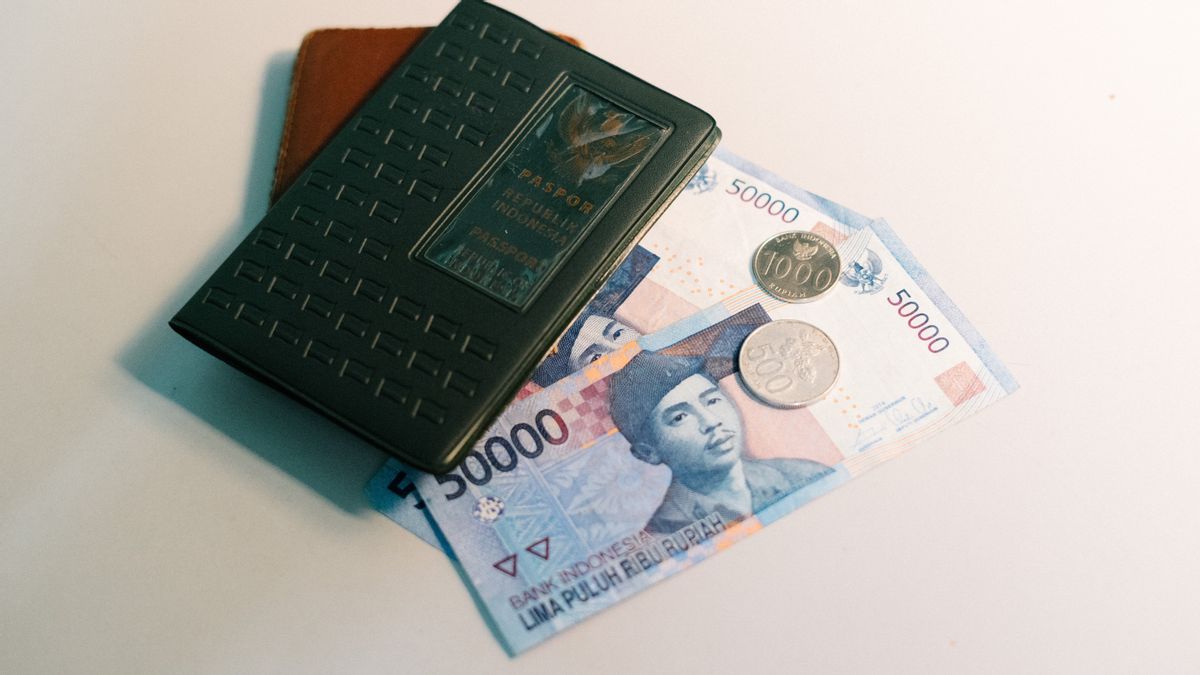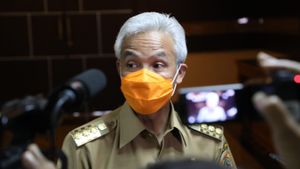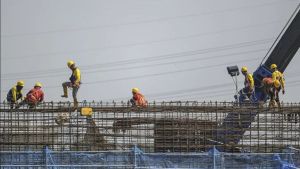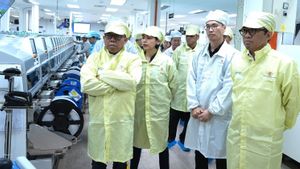JAKARTA - The majority of Indonesians are quite optimistic about the economic improvement in 2022. Even though their household economy deteriorated during the COVID-19 pandemic.
This is based on the results of the Saiful Mujani Research Center (SMRC) survey, which was conducted on September 15-21, 2021.
SMRC Executive Director Sirojudin Abbas, said that people who are optimistic that the economy will improve in 2022, reached 65.6 percent.
While the pessimistic only 9.1 percent. Meanwhile, those who answered that there was no change in the national economy were 17.9 percent, and those who did not answer 7.5 percent.
"Similarly with the national economy, the majority of respondents are optimistic. As many as 59.4 percent answered that it will improve," said Abbas in the release of the results of the national survey online, Tuesday, October 19.
The SMRC survey noted that in September 2021, 37 percent considered their household conditions to be much worse than the conditions in 2020. Meanwhile, those who answered that their economy was much better were 31.4 percent and those who answered that there was no change were also 31.4 percent.
Abbas said that before the COVID-19 outbreak, in June 2019, 45.8 percent of respondents considered their household economic conditions to be good. However, after the COVID-19 pandemic, public positive sentiment fell to 12.2 percent in the October 2020 survey.
"But there have been improvements that have occurred in the last year, namely the period from 2020 to 2021," he said.
Even so, according to him, this is not strong enough to be able to reach the economic situation of the community as before the COVID-19 pandemic. As for the public's perception of the national economy in September 2021, as many as 44.1 percent of respondents answered worse than 2019 and 4.6 percent of respondents thought that the national economy was much worse.
"Then 21.7 percent said there was no improvement, 24.4 percent rated it better, and 1.6 percent felt much better while the rest did not answer," he said.
SEE ALSO:
For gross household income, he added, the survey found that the majority of respondents or 60.6 percent answered that their income had decreased.
This public opinion survey was held on 15-21 September 2021 through face-to-face or direct interviews with a sample of 1220 respondents.
The margin of error for the survey with this sample size is estimated at ± 3.19 percent at the 95 percent confidence level.
Responding to the survey results, an Economist from the Institute for Development of Economics and Finance (INDEF), Avi Aviliani, considered it natural that people perceive their household economy to decline. Because, she said, most of those affected by the COVID-19 pandemic were those who worked in the micro, small and medium enterprise (MSME) sector.
The MSME sector that has felt the biggest impact from the implementation of large-scale social restrictions (PSBB) during the pandemic is trade, the food and drink sector, accommodation including tourism.
"This is what finally made the household economy worse because the recovery was quite slow," said Avi.
Meanwhile, in the second quarter of 2021, Avi said public optimism increased due to the COVID-19 vaccination. Thus, a number of business fields have been opened.
"But in the third quarter of 2021, optimism will decline again due to the emergence of new variants in the period from June to September," she said.
Therefore, Avi hopes that in the fourth quarter of October - December 2021, economic growth can slowly improve. She also suggested that infrastructure development should have a double effect on the economy.
"Because almost all countries are experiencing fiscal difficulties. The government must maintain the stability of basic commodities to prevent the effects of inflation," said Avi.
The English, Chinese, Japanese, Arabic, and French versions are automatically generated by the AI. So there may still be inaccuracies in translating, please always see Indonesian as our main language. (system supported by DigitalSiber.id)

















